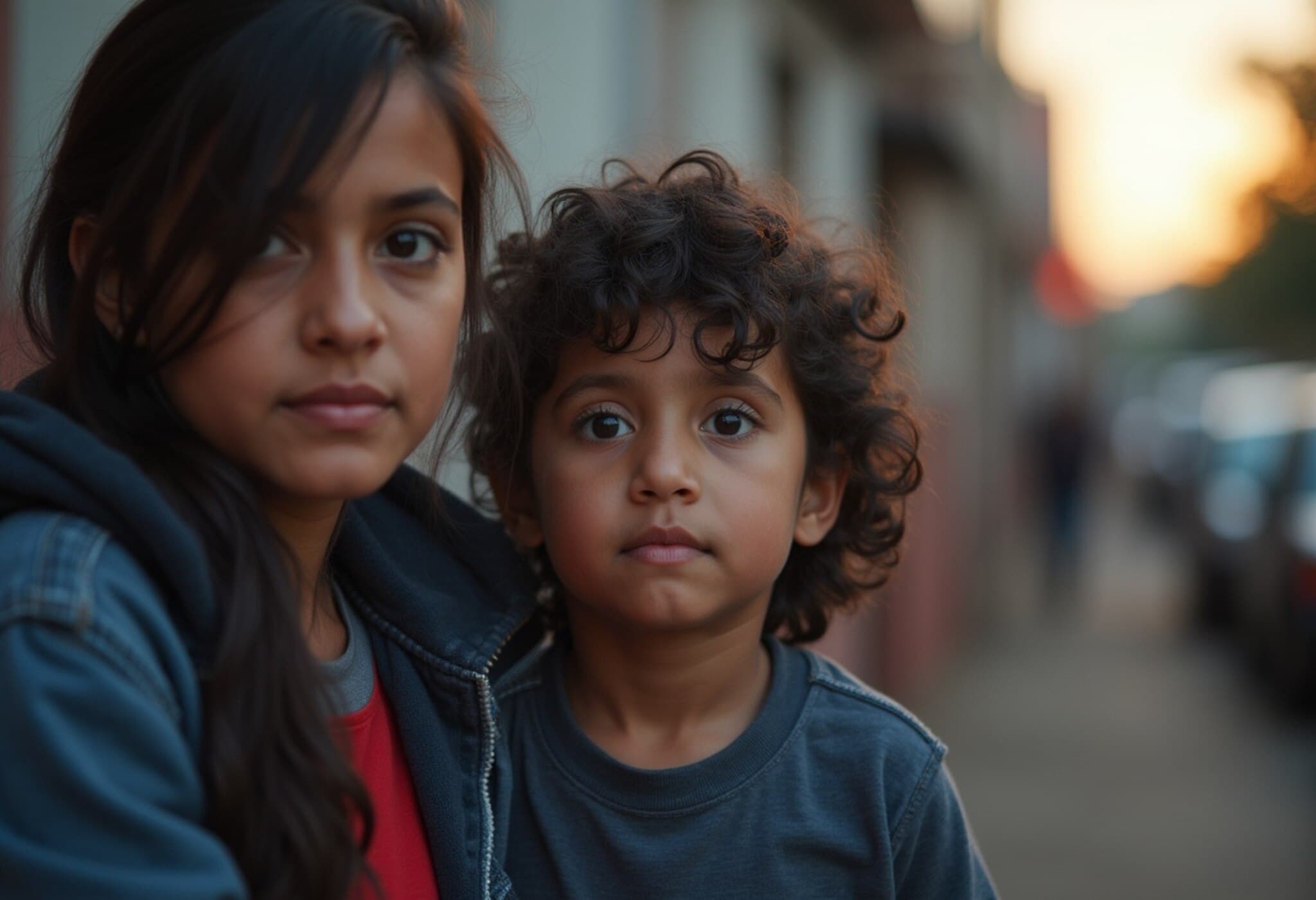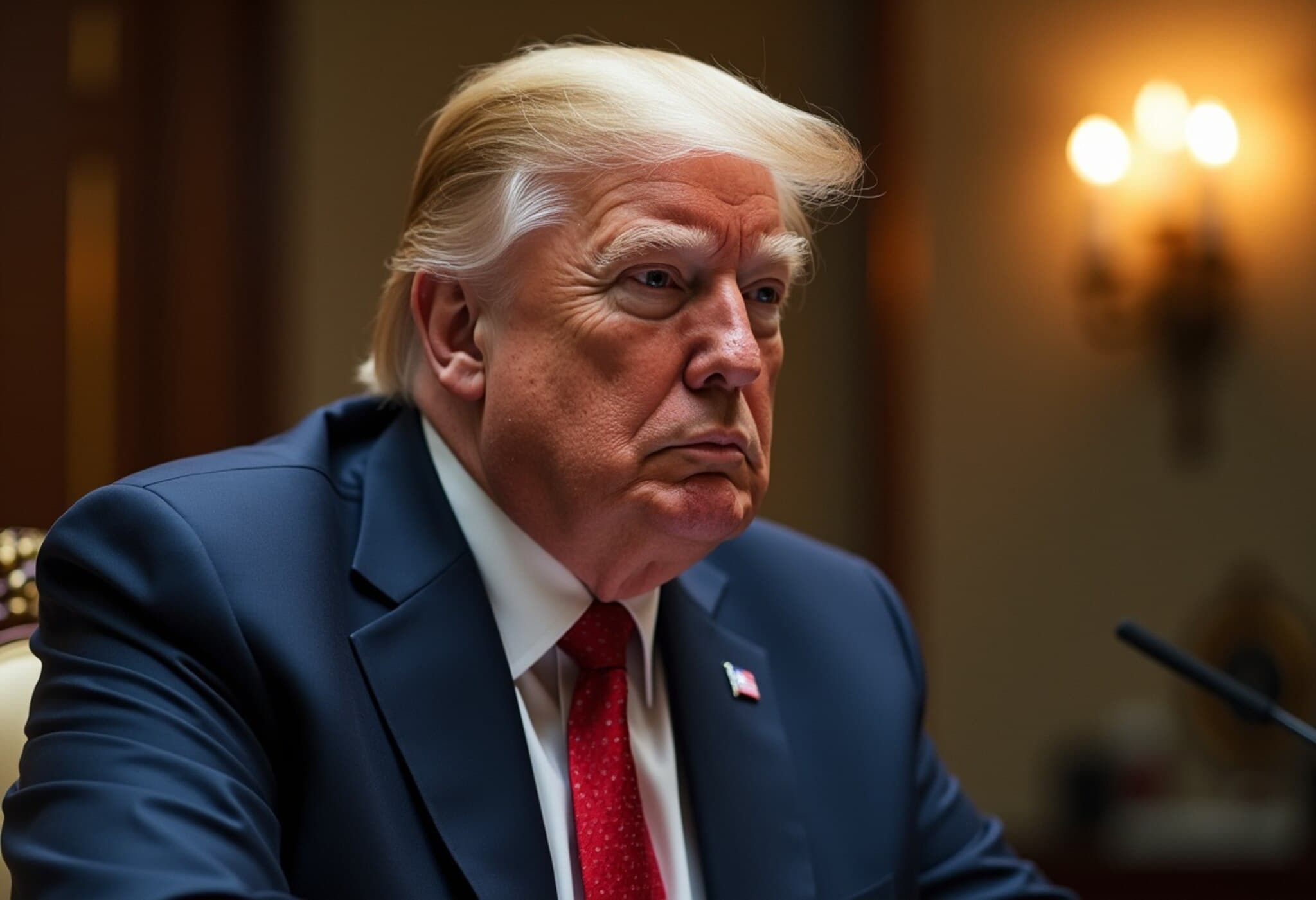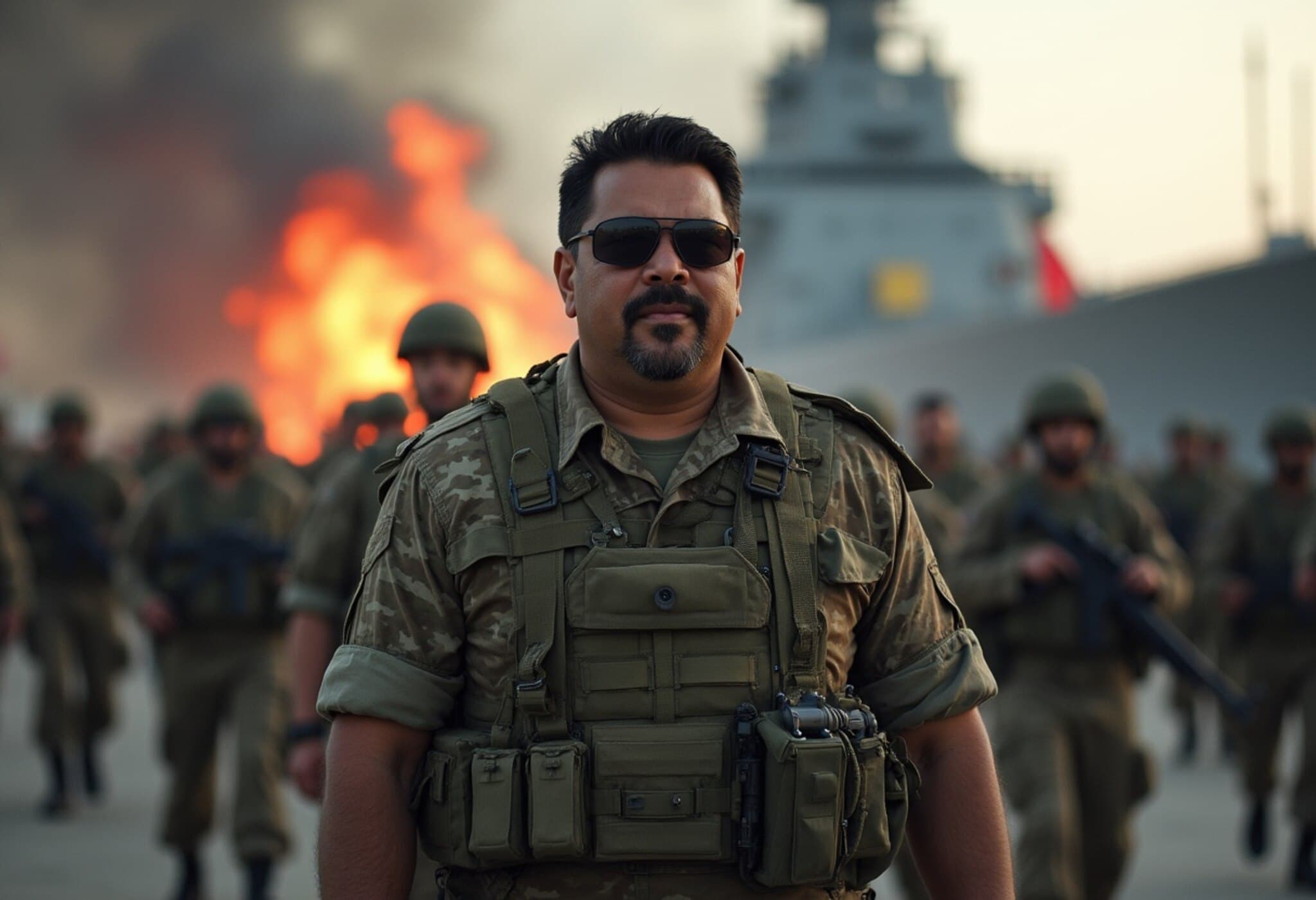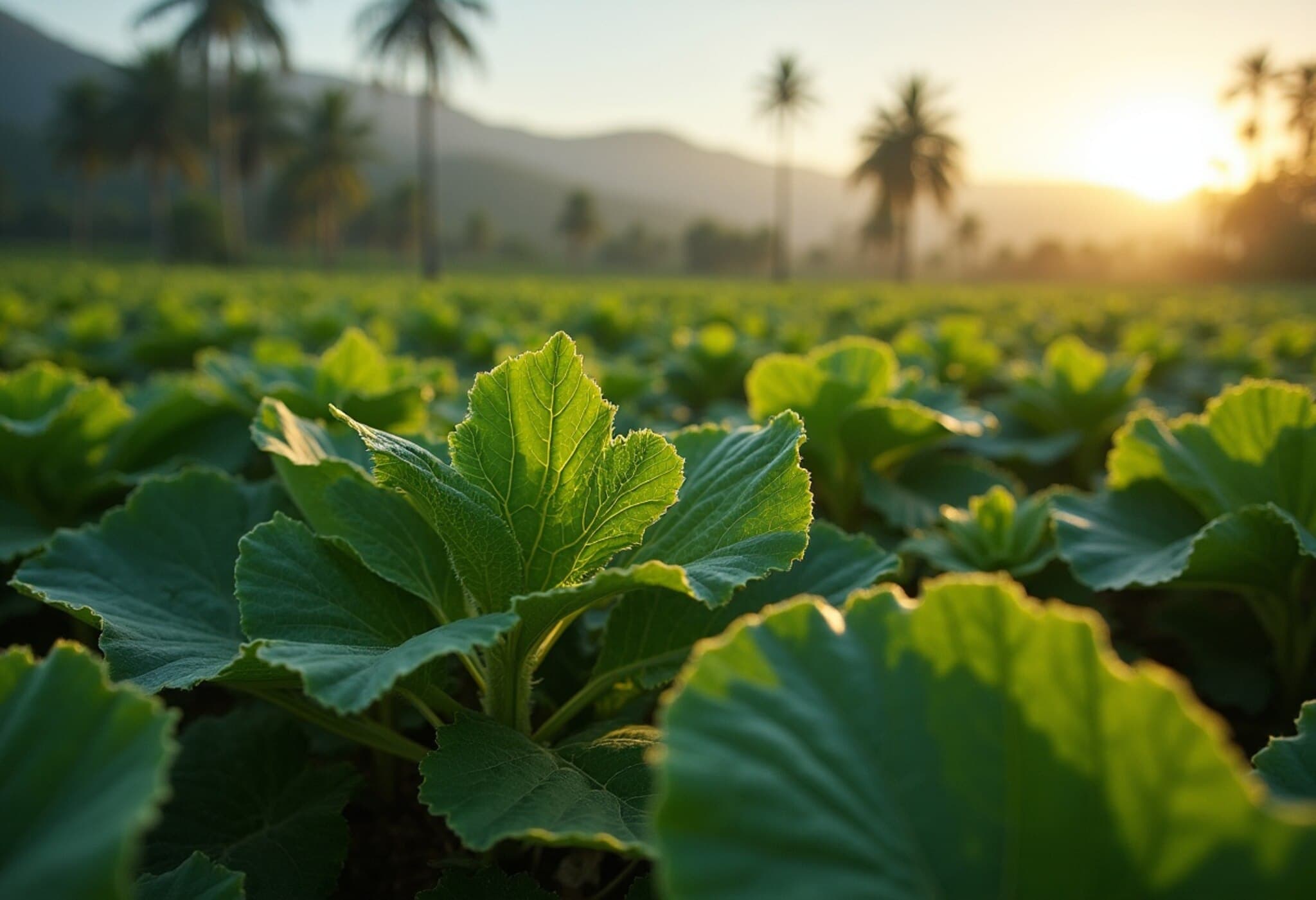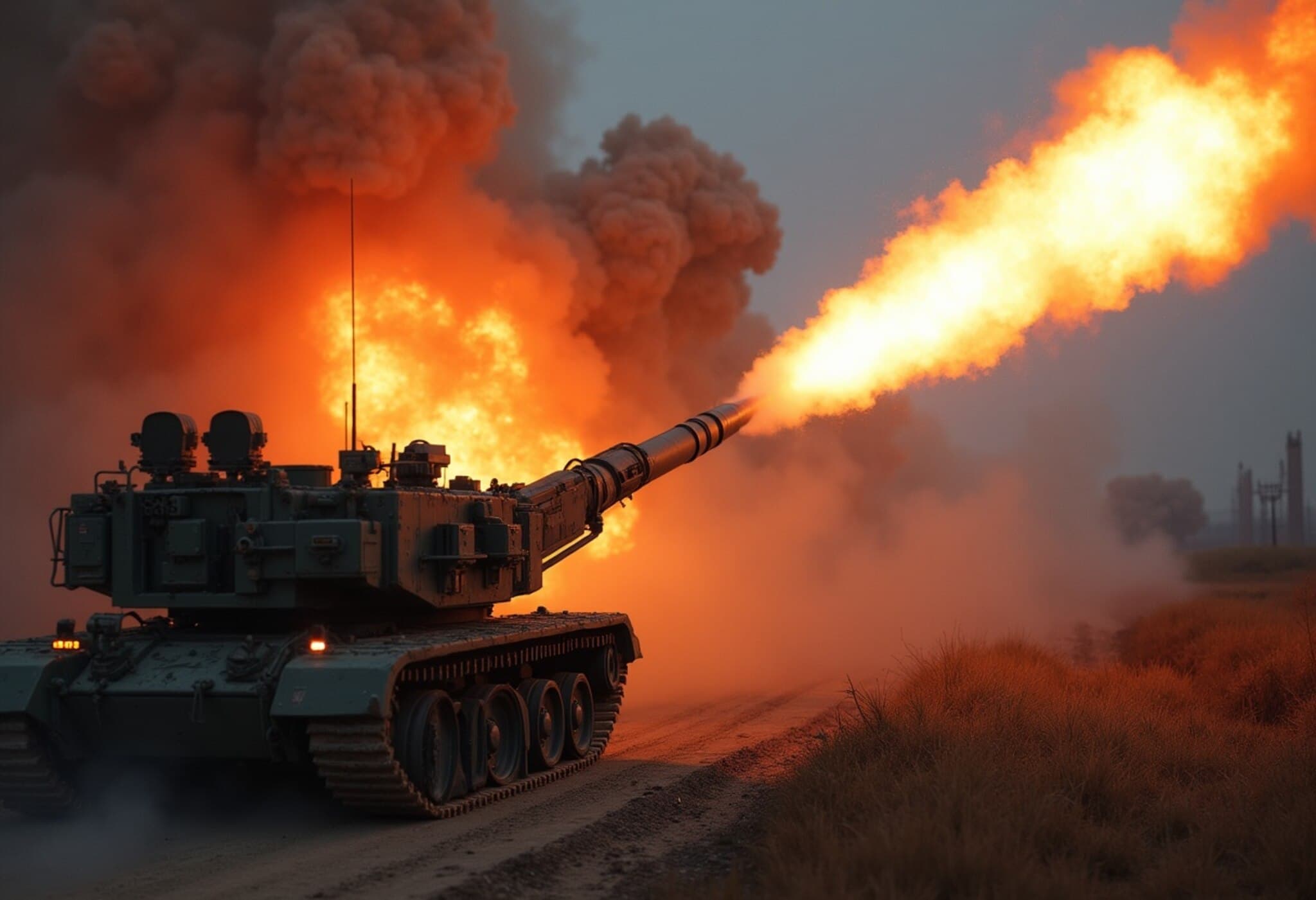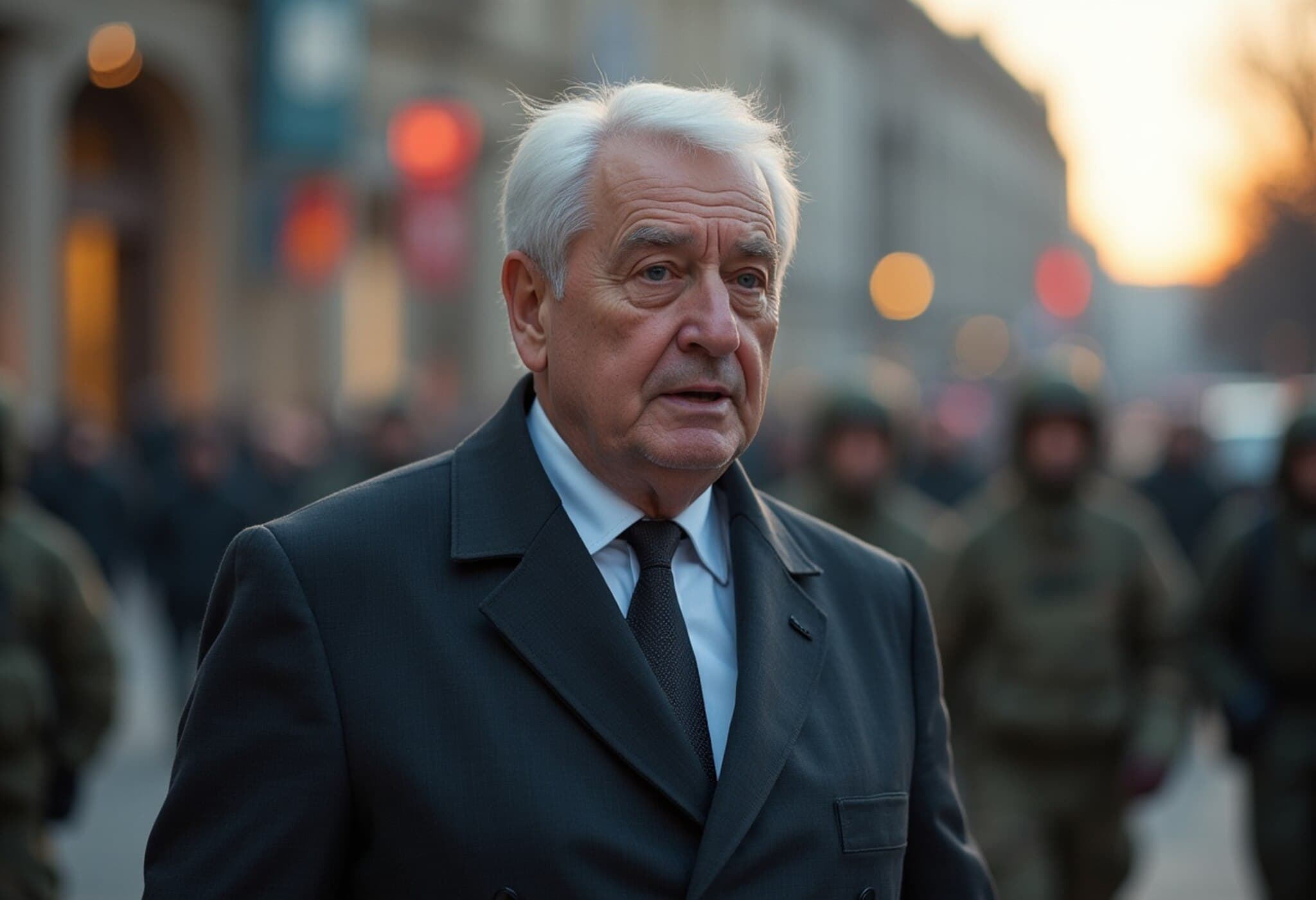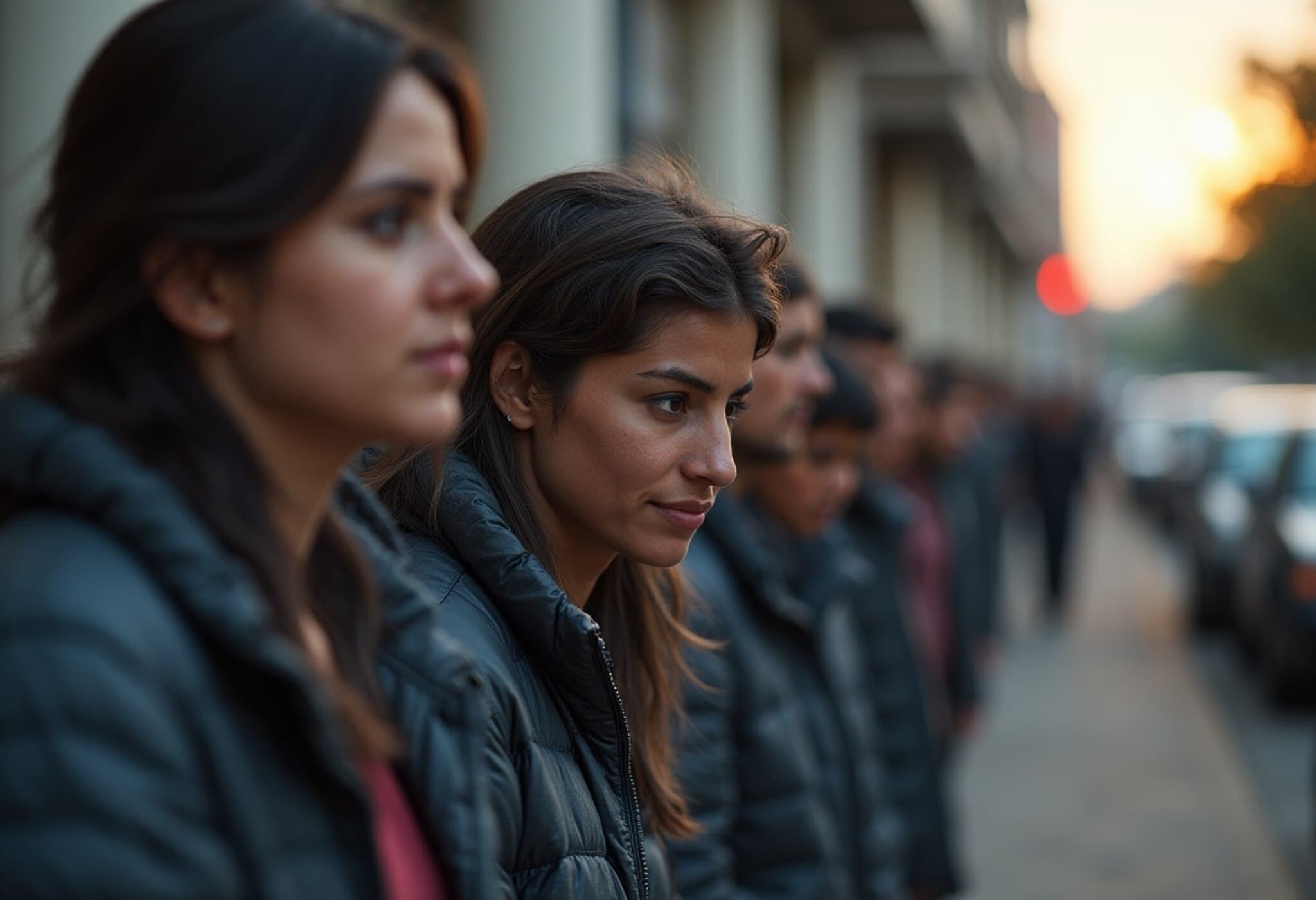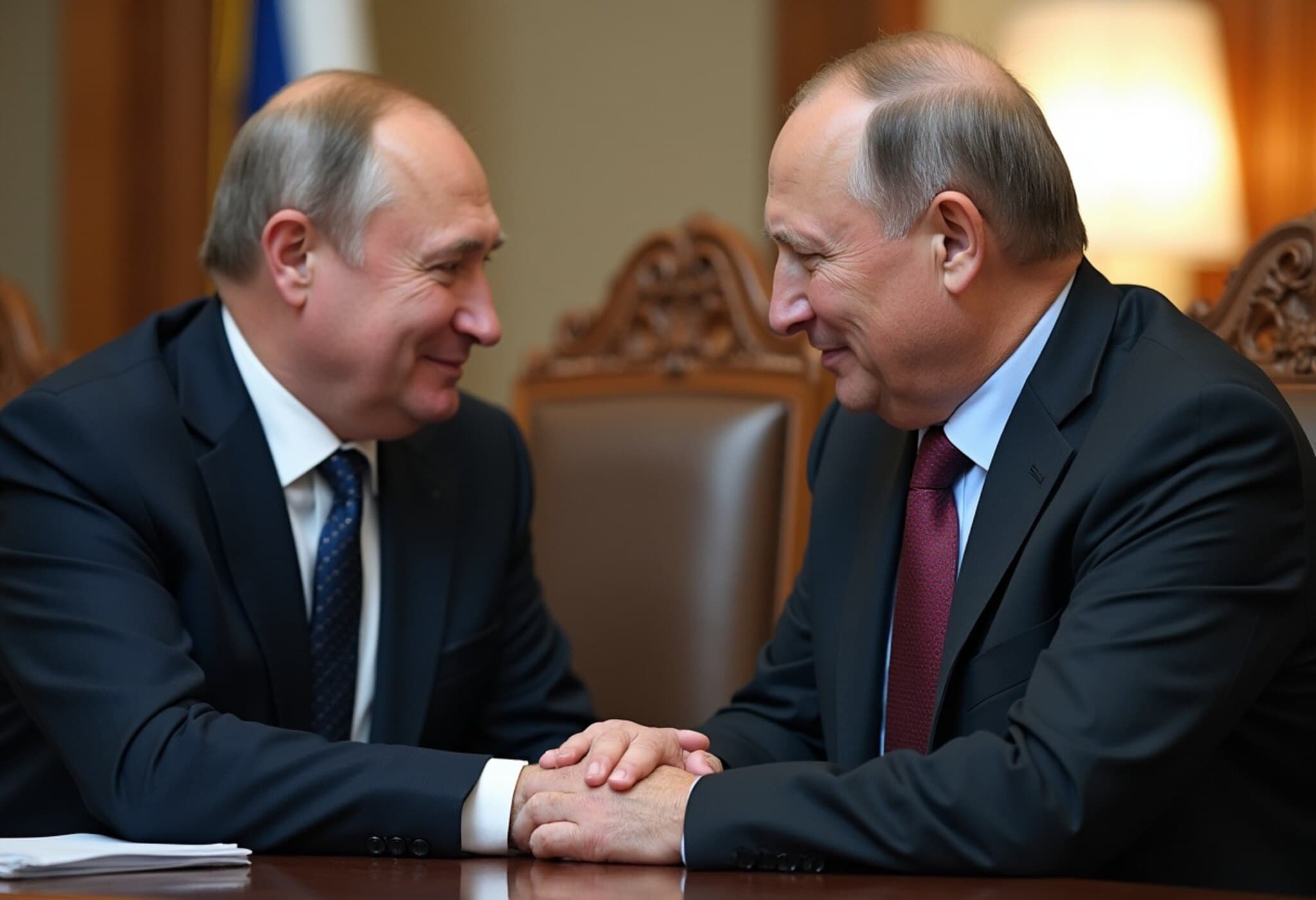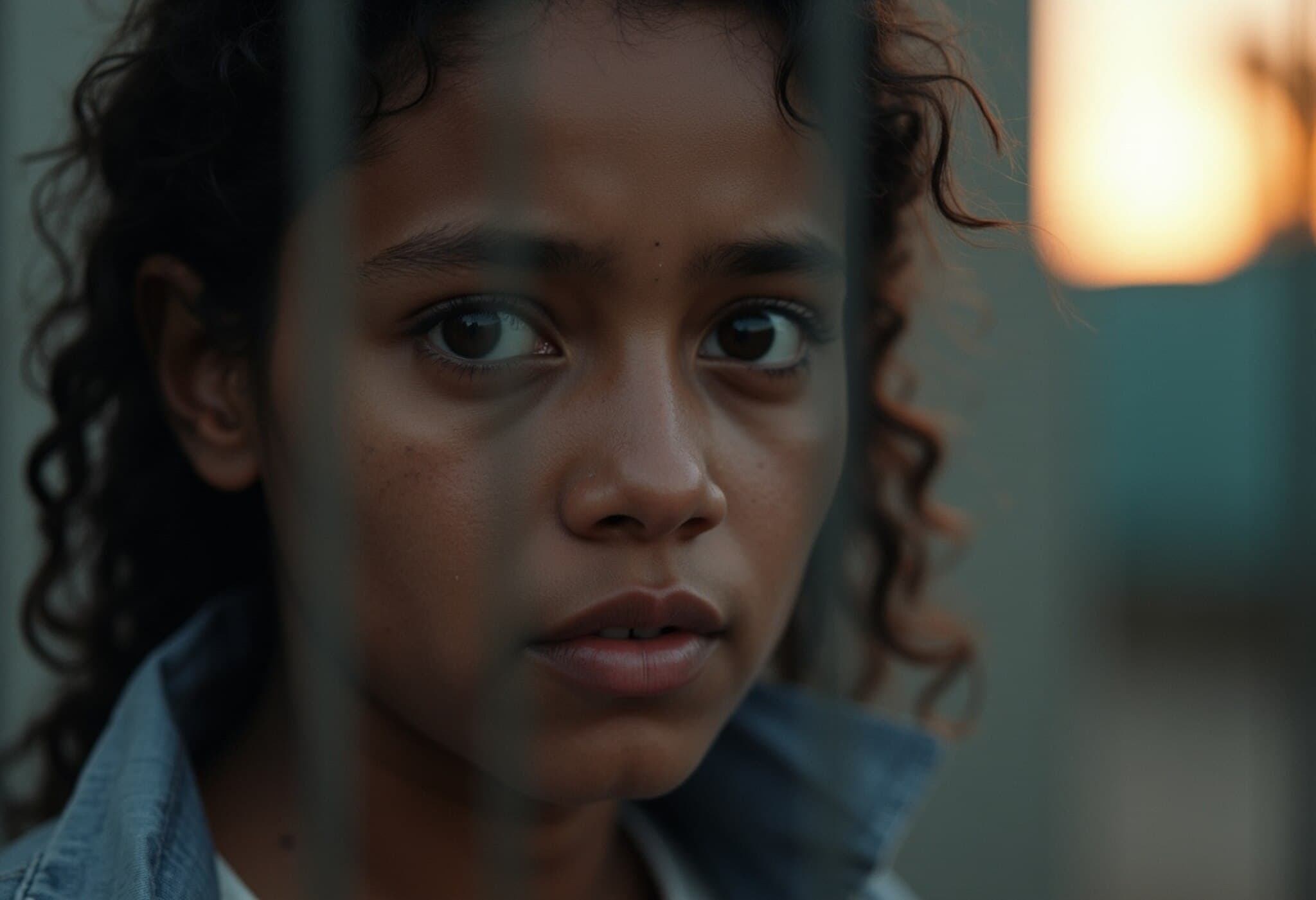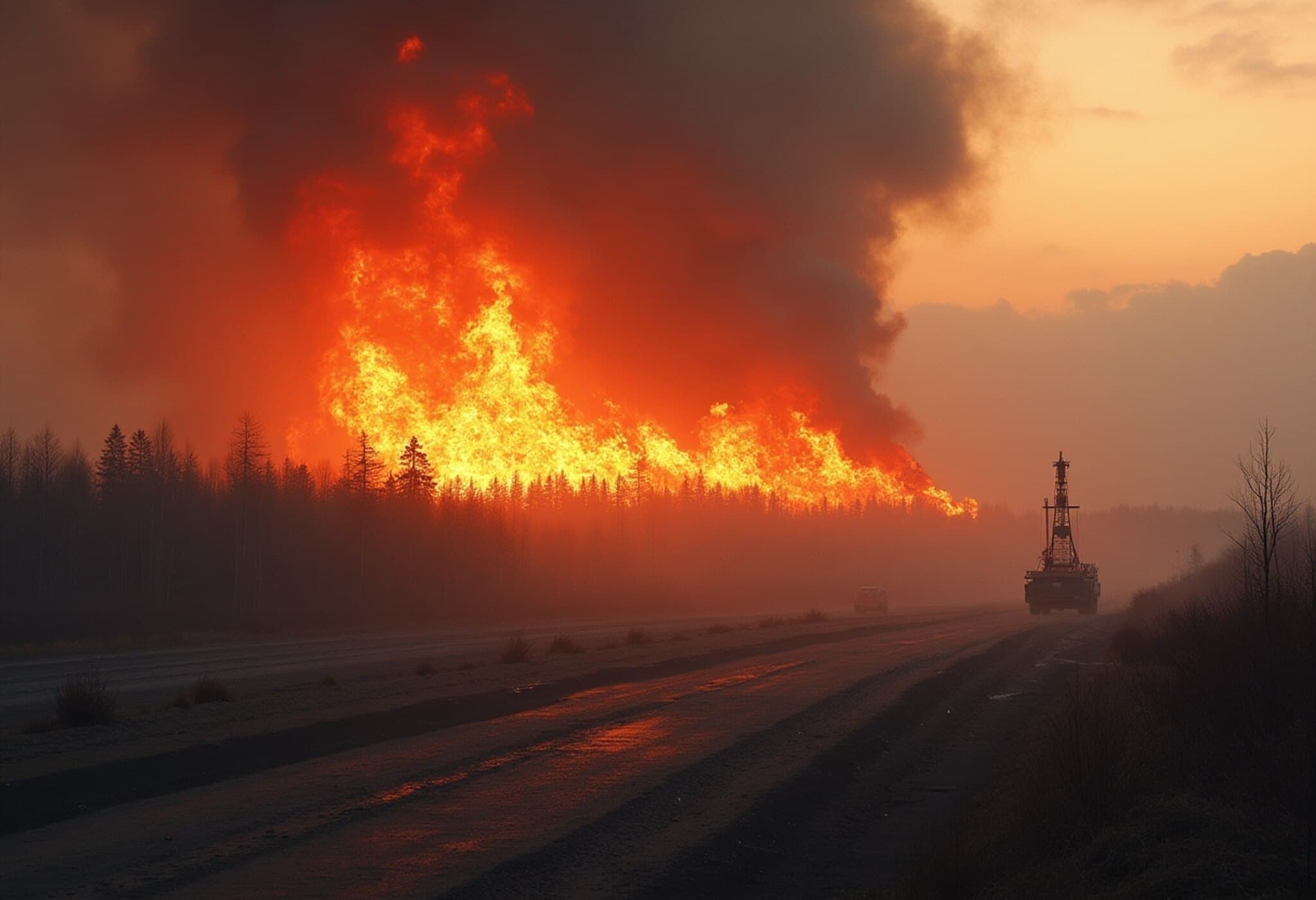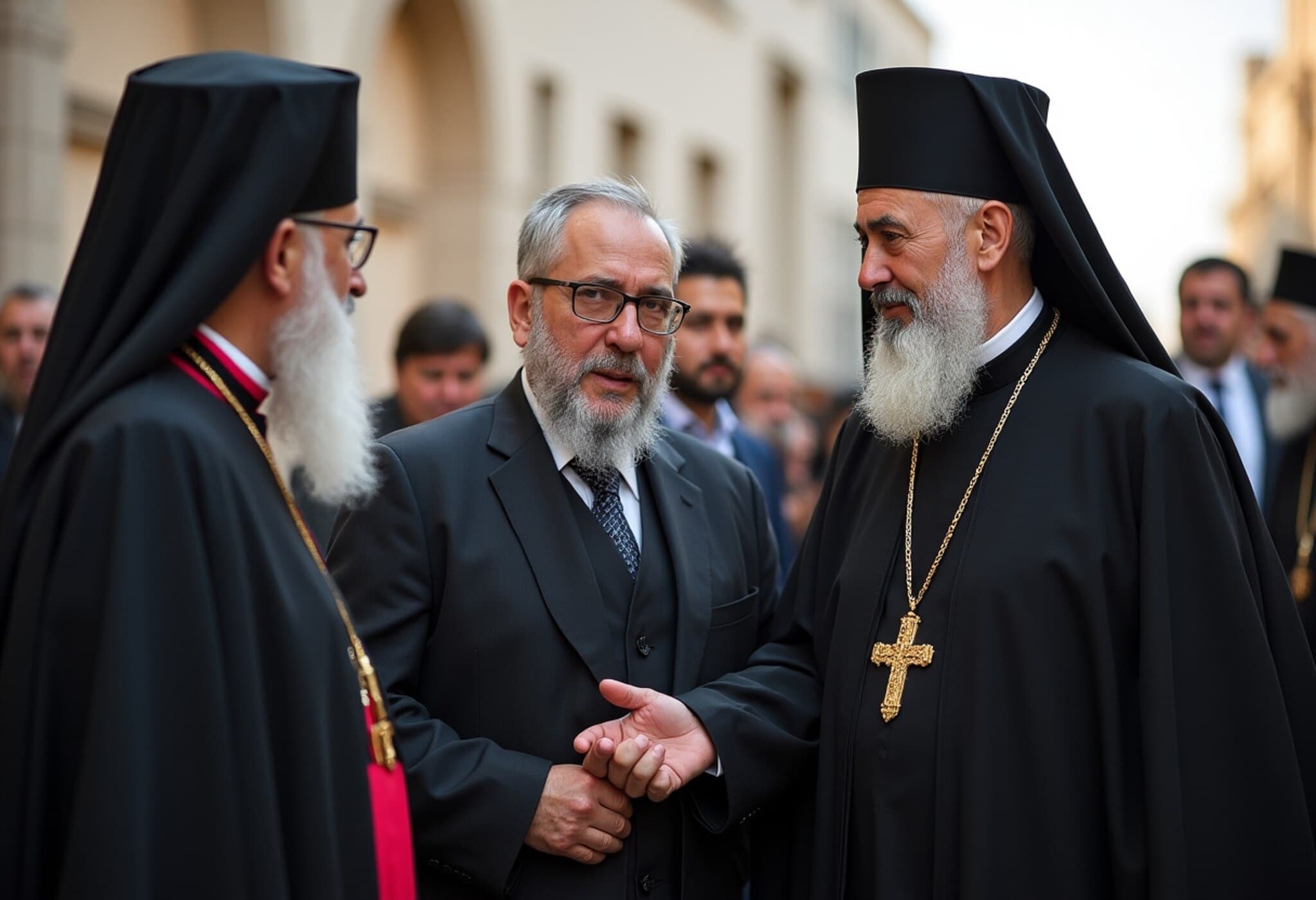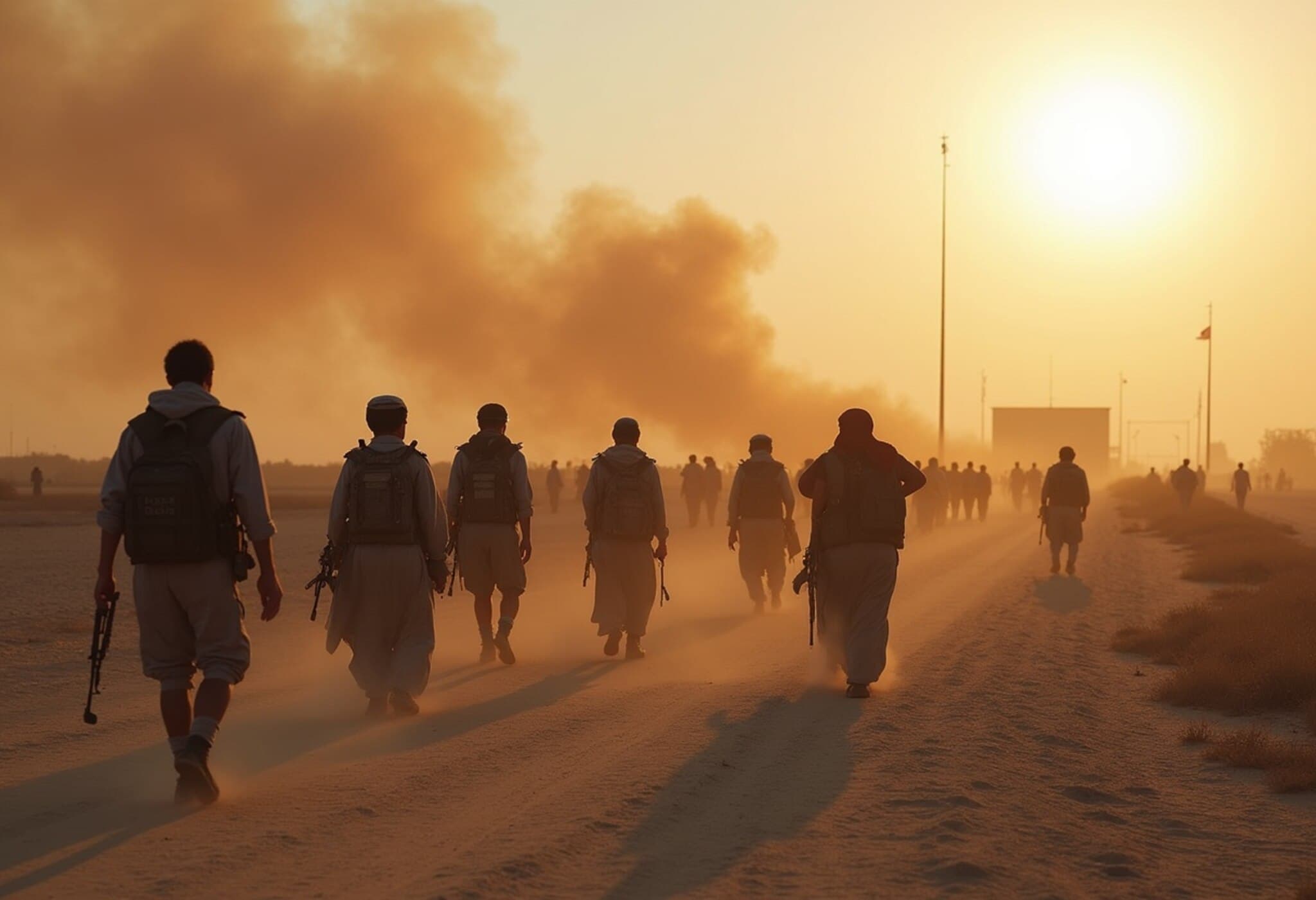US and Venezuela Close High-Stakes Prisoner Exchange
In a dramatic turn of events this July, more than 250 Venezuelan migrants detained in El Salvador were repatriated to Venezuela following a landmark prisoner exchange, marking a rare diplomatic breakthrough between Washington and Caracas amid ongoing tensions. The deal, which saw the release of 10 Americans held in Venezuela, concluded months of uncertainty and international scrutiny over the fate of those detained.
The Journey Home: Venezuelans Freed After Months of Detention
The Venezuelan nationals arrived at Caracas’s Simon Bolivar International Airport to emotional welcomes. President Nicolás Maduro publicly expressed gratitude to former US President Donald Trump for facilitating the deal, declaring "Free, free at last!" during a heartfelt ceremony. This public show of goodwill came as a surprise given the historically fraught relations between the two nations.
Since March, these migrants had been held in El Salvador’s notorious CECOT facility — a prison established as part of Salvadoran President Nayib Bukele’s crackdown on gangs — under accusations of ties to the Tren de Aragua criminal organization, claims critics argue lacked credible evidence.
Legal and Human Rights Controversies Surrounding the Detentions
The Trump administration’s invocation of seldom-used wartime powers allowed for the transfer of these individuals to El Salvador without the customary judicial processes, sparking widespread condemnation from human rights organizations. Groups like Amnesty International and Human Rights Watch decried the detentions as a breach of international human rights standards, highlighting the prisoners’ inability to communicate with relatives or access legal counsel.
Families endured months of anguish, with many unsure about their loved ones’ wellbeing. Mercedes Yamarte, whose son was among the detained, spoke movingly about the ordeal: "I can't wait to hug him and make soup together, just like old times." Such personal stories underscore the human cost behind geopolitical decisions.
The US Perspective: Repatriating Nationals Amid Complex Diplomacy
US Secretary of State Marco Rubio heralded the release of the American detainees, acknowledging the collaborative role Bukele played in securing their freedom. Among those freed was Lucas Hunter, a 37-year-old American who was reportedly detained in Venezuela after an arrest at the Colombian border. His family, represented by the NGO Global Reach, anticipates his return with cautious optimism.
Rubio's statement also emphasized the simultaneous release of Venezuelan "political prisoners," a move reflecting the nuanced balancing act between humanitarian concerns and geopolitical strategy.
Broader Migration Context and Policy Implications
The exchange highlights the broader challenges facing the US and neighboring countries in managing migration flows from Venezuela. With over 8,200 individuals repatriated since early 2025, including around 1,000 children, the Trump administration’s stringent immigration stance remains a defining feature of its policy.
El Salvador’s reception of these detainees, reportedly backed by US financial incentives, underscores the complex regional dynamics, where nations are navigating pressures to address migration amid national security concerns.
Questions Raised and Paths Forward
- Legal due process: How can governments ensure migrants’ human rights in an era of heightened immigration enforcement?
- Diplomatic mechanisms: Does this swap pave the way for improved US-Venezuela relations, or is it a one-off episode?
- Regional cooperation: What roles do transit countries like El Salvador and Mexico play in alleviating or exacerbating migration crises?
Editor’s Note
This prisoner swap shines a spotlight on the intricate human stories behind geopolitical chess moves. It challenges us to rethink migration policies through lenses of empathy, legality, and diplomacy. While the immediate crisis has eased, it prompts urgent reflection on safeguarding human rights for vulnerable populations caught in political crossfires. Future policy must balance security with humanity, ensuring that no one remains a pawn in broader struggles.

